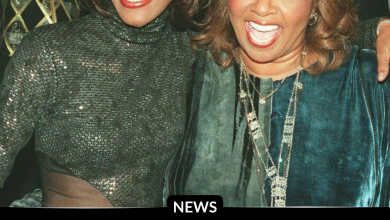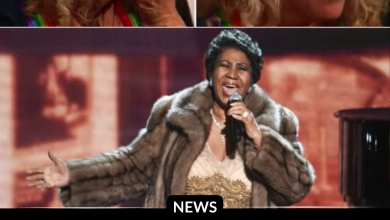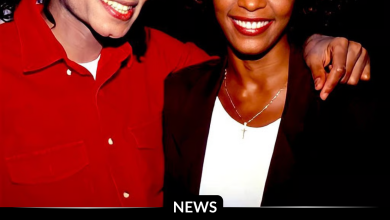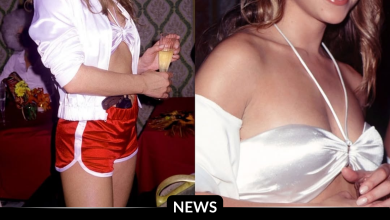Queen Latifah Rejected Every Cliché Hollywood Gave Her—And Found Her Power in Chicago
OPINION: This article may contain commentary which reflects the author's opinion.
When Queen Latifah took on the role of Mama Morton in the 2002 film adaptation of Chicago, she brought far more than star power and vocal talent to the screen. Her Oscar-nominated portrayal of the corrupt yet captivating prison matron became a masterclass in authenticity, shaped not by Hollywood stereotypes but by deeply personal inspiration—specifically, the indomitable spirit of her globetrotting grandmother.
Mama Morton, who rules the women’s cellblock in Cook County Jail, could have easily been reduced to a one-dimensional villain. Yet, Latifah, born Dana Elaine Owens, chose a different path. In interviews, she revealed that rather than lean into industry clichés often assigned to Black actresses, she channeled her grandmother’s worldliness, confidence, and savvy understanding of complex social dynamics. “My grandmother was a hustler in her own way,” Latifah shared with The Guardian in 2003. “She traveled, she knew people, she had this savvy about her that wasn’t just about scheming—it was about understanding how the world worked.”
This deeply personal connection gave Latifah’s Mama Morton a unique depth. Her performance radiated warmth and intelligence, making the character both commanding and relatable. Variety praised the role as “a revelation, blending streetwise swagger with a maternal edge that makes her corruption feel almost endearing.” Latifah’s Mama Morton wasn’t just a caricature of greed and manipulation—she was a multidimensional woman who could light up a room while handling business.
Latifah’s dedication to authenticity extended beyond her acting choices. Though already an accomplished rapper and actress, she had to adapt to the demands of musical theater—known for its dramatic flair and vocal rigor. Drawing on her musical roots, Latifah delivered a sultry, show-stopping rendition of “When You’re Good to Mama,” seamlessly merging her hip-hop background with the jazzy tone of the film. Director Rob Marshall told Entertainment Weekly in 2003, “She brought a freshness to the role that felt lived-in, not manufactured.”
At a time when Hollywood often pigeonholed Black actresses into flat, stereotypical roles, Latifah’s Mama Morton stood as a bold rejection of clichés. By infusing the character with the layered personality of her grandmother—both nurturing and street-smart—she created someone vividly real and complex. The New York Times lauded her for “stealing scenes with a performance that feels effortlessly real, even in the heightened world of Chicago.”
Although Latifah did not win the Oscar—losing to Catherine Zeta-Jones, who played Velma Kelly—her nomination marked a pivotal moment. It cemented her evolution from pioneering rapper to a versatile, critically respected actress. Reflecting on the role in a 2020 interview with Oprah Daily, Latifah said, “Playing Mama Morton was about bringing truth to a larger-than-life character. I thought about how my grandmother carried herself, how she could light up a room but also handle business. That’s what I wanted for Mama.”
Latifah’s grandmother’s influence is a throughline in her career, from her empowering rap anthems like “U.N.I.T.Y.” to powerful roles in films such as Hairspray and The Equalizer series. But it is her portrayal of Mama Morton that remains a defining moment—a vivid example of how personal experience can transform a role from mere performance into something truly iconic.
In a film brimming with dazzling performances, Queen Latifah’s Mama Morton stands out for its heart, grit, and authenticity. By rejecting Hollywood’s clichés and embracing the spirit of her grandmother, Latifah created a character who still resonates—a testament to the power of drawing on real-life inspiration to elevate art beyond expectation.



